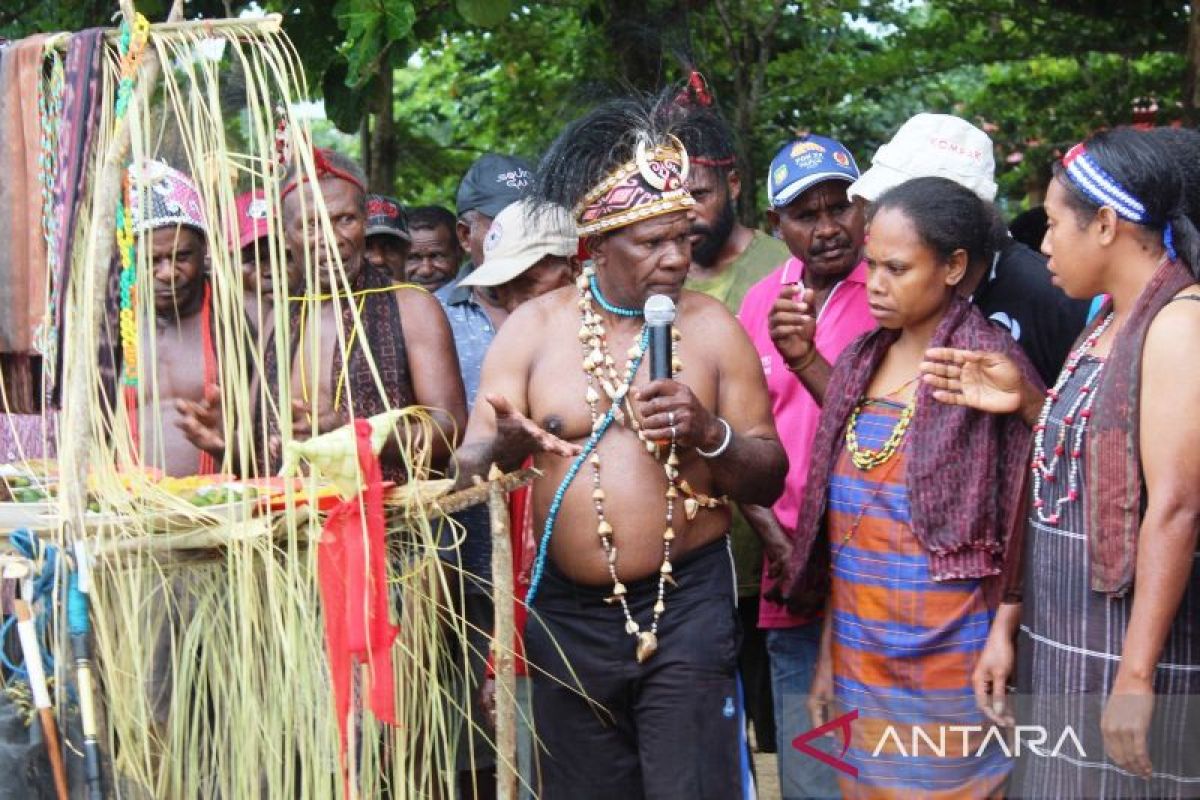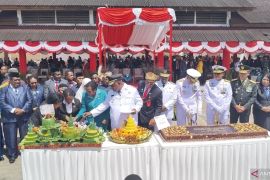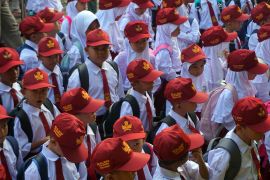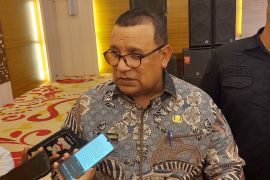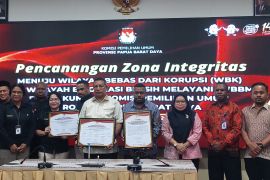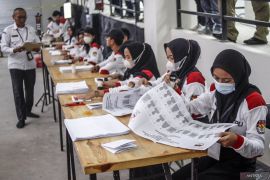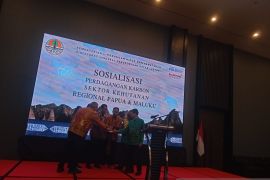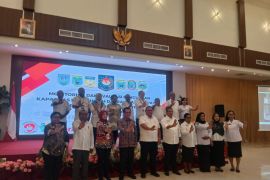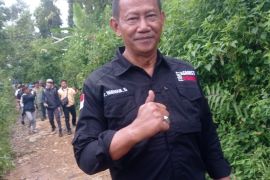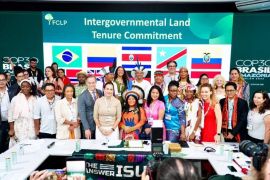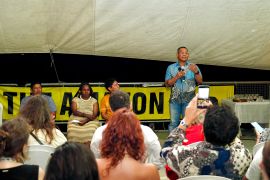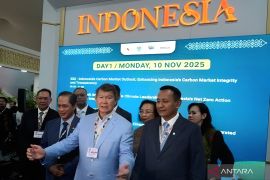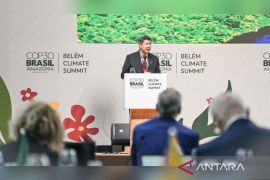The indigenous Moi people are one of the Papuan tribes inhabiting most of Sorong district and Sorong city, Southwest Papua province. The Moi people live in the Makbon sub-district, with their traditional territory spanning around 400 thousand hectares of land.
The tribe comprises seven sub-tribes — Moi Kelim, Moi Abun That, Moi Abun Jhi, Moi Salkma, Moi Klabra, Moi Lemas, and Moi Maya.
According to head of the Malaumkarta Raya Customary Council, Spenger Malasamuk, forests and humans are inseparable, a belief upheld by the Moi tribe.
The Moi people depend on forests for food and other resources to meet their families' economic needs.
"For us Papuans, especially the Moi indigenous community who live in the Makbon coastal area, Sorong district, forests are a source of life," Malasamuk said.
One of the things that makes the Moi tribe unique is their forest management concept, which is based on a mapping system for each clan in the Malaumkarta village area, Makbon sub-district.
The concept has become a cultural heritage that continues to be upheld and serves as the basis for forest management there. The mapping system is used as the basis for forest management to minimize inter-clan conflicts within the Moi tribe.
The utilization of forest resources by each clan is determined based on mapping. Each clan can take everything to meet their family's needs, without taking what belongs to others.
In Malaumkarta village, the clans that are entitled to manage the forest based on the mapping are Kalami Kinipelik, Kalami Tiloke, Kalami Matiligek, Malasamuk, Magablo Lingsuok, Mubalen, Sapisa, Su, Salamala, Ulimpa, Magablo pesisir, and Do.
Related news: Papua's Moi tribe observes Environment Day by holding Egek Festival
The 'egek' culture
Another cultural system that is considered important for preserving forests in Papua is the egek culture. Egek is the local wisdom of the Moi tribe to protect their clans' traditional forest areas, which serve as their source of life.
Egek is one of the strategic ways in which the Moi people preserve nature to support the fulfillment of the needs of the local community.
A cultural heritage passed down from generation to generation, it aims to provide an opportunity for nature to renew and restore before its resources are processed again to meet people's needs.
The community is prohibited by custom from taking forest products during a specified period.
Philosophically, the Moi tribe recognizes that forests and land are a lifeline. This reflects their dependence on forest wealth for their livelihood.
An intellectual from the Moi tribe, Torianus Kalami, has highlighted the importance of support from the government to provide protection to the people of the Moi tribe through regulations.
This is one of the ways to protect the rights of the indigenous community and the forests, as well as provide them an opportunity to utilize forests well and proportionally.
"We need government regulations to ensure that protection for indigenous peoples is fulfilled," Kalami said.
So far, the Southwest Papua provincial government has not issued a specific regulation regarding the protection of the indigenous peoples. However, in several districts, such as Sorong, Regional Regulation Number 10 of 2017 concerning the Recognition and Protection of the Moi Tribe Indigenous Community has been implemented.
This is essential as a form of government support for indigenous communities to prevent deforestation in Papua. It is also important to accommodate sustainable development for indigenous communities.
To this end, the Sorong district government has been asked to issue derivative regulations of the regional regulation as soon as possible to regulate the mapping of indigenous territories and other matters related to the interests of indigenous communities in greater detail.
"This is the basis of mitigation for issues that are occurring in Papua's forests," Kalami added.
Head of the Sorong District Environment Office, Agustinus Asem, said that the issuance of Regional Regulation Number 10 of 2017 was a form of recognition by the local government of the Moi indigenous people being the main owners of the land and forests in their area.
The regional regulation also provides a space for indigenous peoples to participate in preserving nature to secure the lives of future generations.
Currently, the Sorong district government is forming community groups that will be involved in efforts to preserve nature. This measure is necessary because protecting forests is not only the government's duty and responsibility, but also requires the involvement of indigenous communities.
Related news: Govt says committed to protecting forests in Papua
Related news: Forests source of wealth for Papua's local communities: official
Translator: Yuvensius Lasa, Raka Adji
Editor: Yuni Arisandy Sinaga
Copyright © ANTARA 2024
